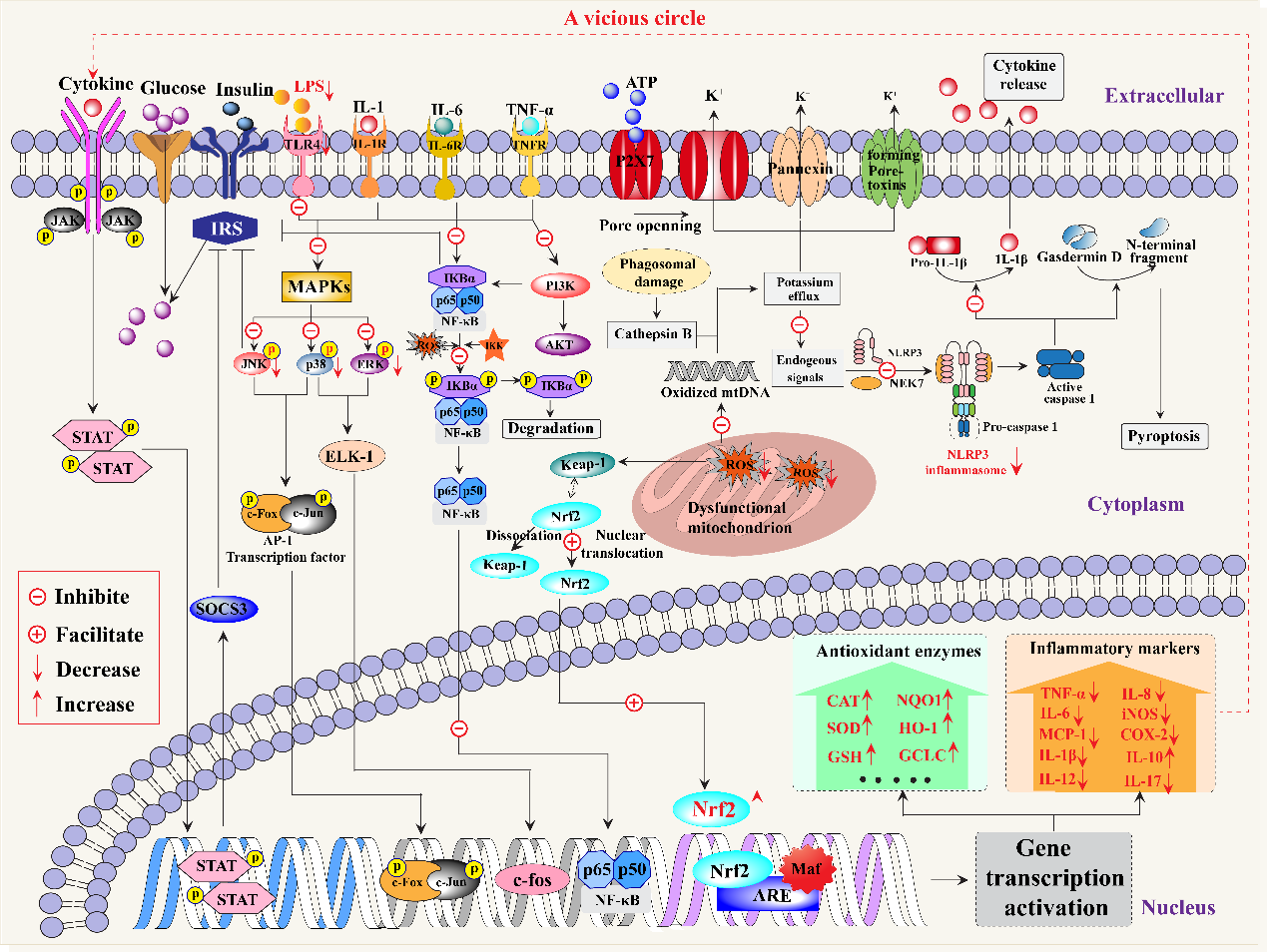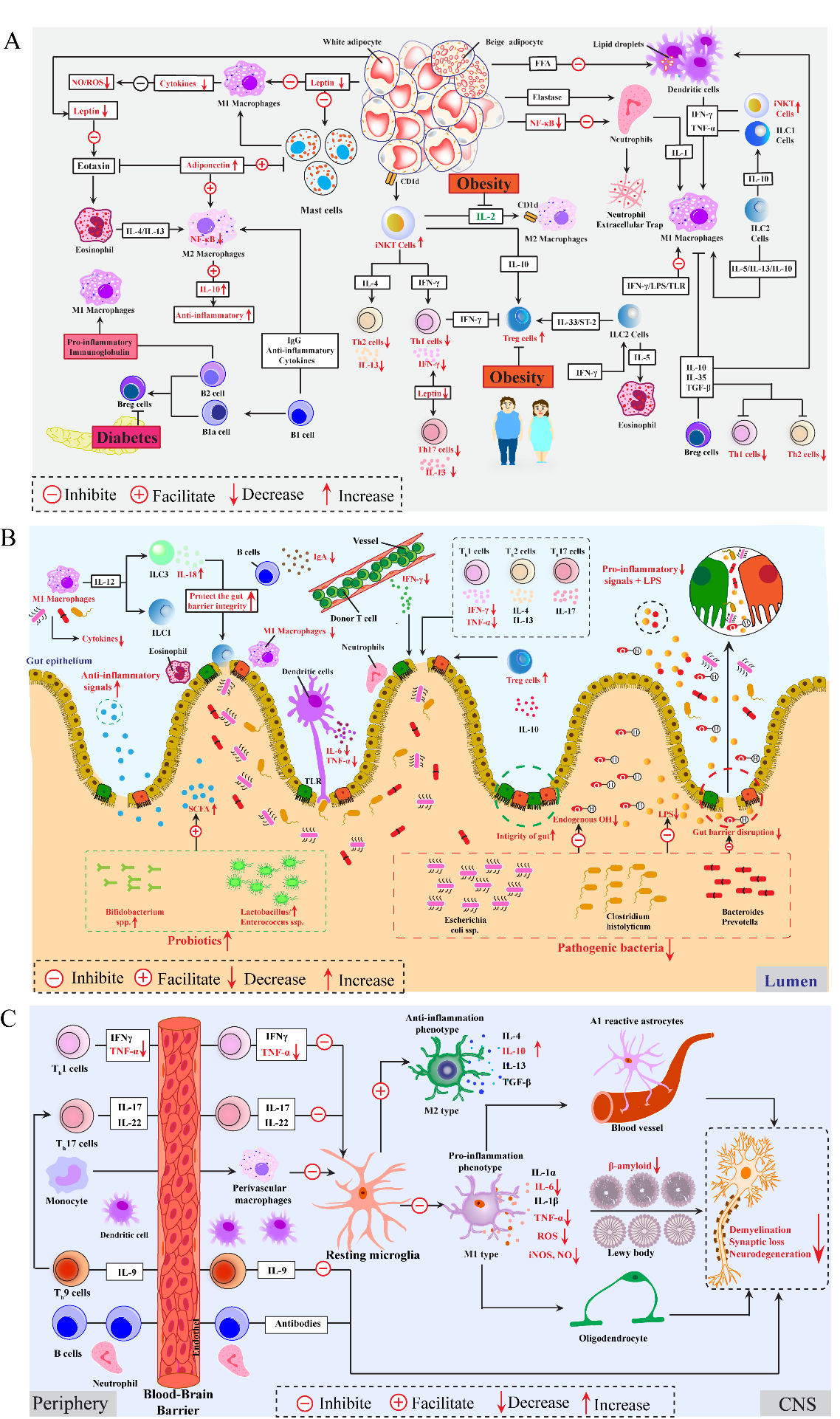
Chronic low-grade inflammation (CLGI) is a nonspecific, systemic and persistent pathological condition accompanied by local inflammation or increased levels of pro-inflammatory mediators, including tumor necrosis factor (TNF)-α, interleukin (IL)-6 and c-reactive protein (CRP) in blood circulation. CLGI has attracted attention as an important pathological feature of several chronic conditions, such as metabolic syndrome (MetS), neurodegenerative disease, and inflammatory bowel disease (IBD). Nonsteroidal drugs are commonly used to treat various inflammatory states and diseases but have received concern due to their side effects, such as the risk for cardiovascular disease and gastrointestinal ulcerations. An emerging prospect is using coarse cereals and their bioactive phytochemicals with few side effects to attenuate CLGI and reduce the risk of many inflammation-associated diseases.
Coarse cereals refer to all cereals except wheat and rice, including barley, oats, buckwheat, maize, sorghum, and some millet species. Coarse cereals exhibit higher nutritional contents than rice and wheat due to their relatively balanced and reasonable chemical composition. Coarse cereals show promise as food diet resources for preventing CLGi in diseased individuals. Their active ingredients, including β-glucan, resistant starch, arabinoxylan, phenolic acids, flavonoids, phytosterols and lignans, function against CLGI through multiple possible intracellular signaling pathways and immunomodulatory effects. Therefore, coarse cereals play a crucial role in the food industry due to their health effects on chronic diseases and are worthy of further development for possible application in modulating chronic inflammation.

Figure 1. The underlying intracellular pathways of coarse cereals exerting their anti-inflammatory activity

Figure 2. The immunomodulatory effects of coarse cereals against CLGI in MetS (A), IBD (B), and neurodegenerative diseases (C)
This work was supported by the National Natural Science Foundation of China under Grant (No. 32072179) & (No. 31772091), Postdoctoral Science Foundation of Jiangsu Province under Grant (No. 2021K484C) and National key R & D projects of China under Grant (No. 2021YFD1600100).
Read more: https://doi.org/10.1080/10408398.2022.2070596


